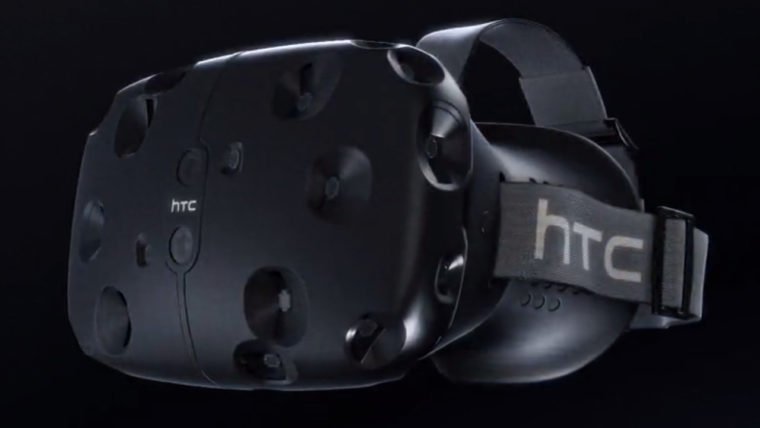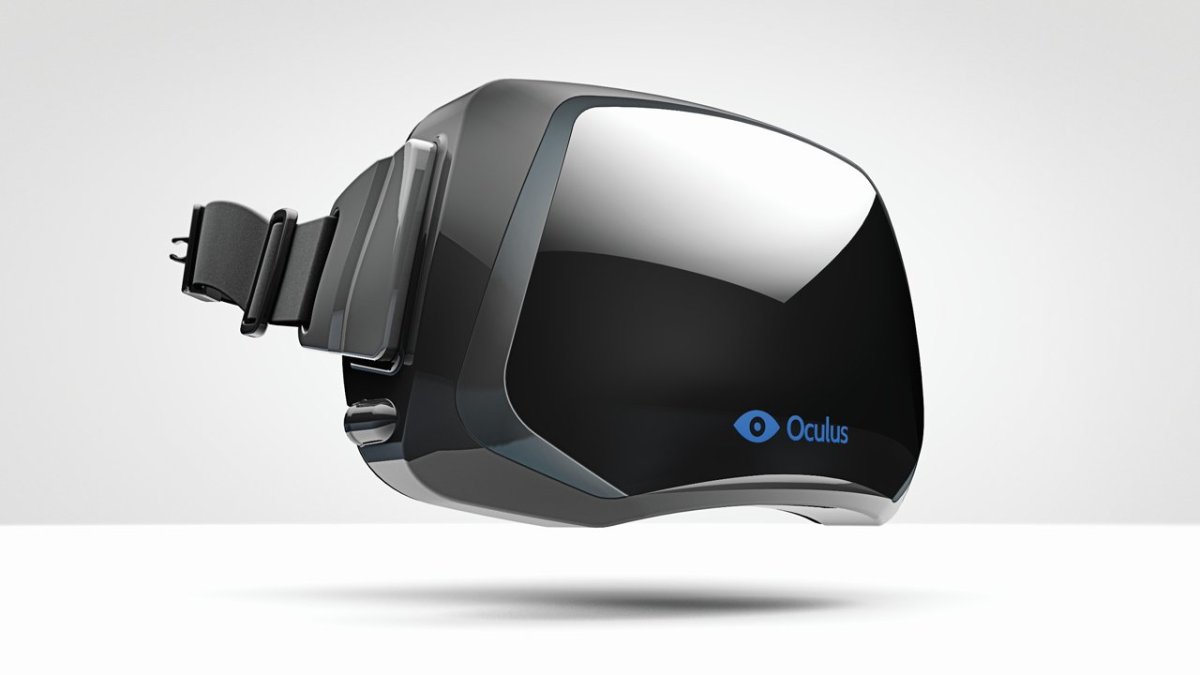Did you know that Oreos were a knock-off of another cookie? Seriously, the now ubiquitous creme-filled cookie that you surely ate a ton of as a child, and as an adult if you’re like me, was a total rip off of another cookie that had been introduced first. Hydrox, a near identical chocolate sandwich style cookie, was first introduced in 1908, with Oreos arriving in 1912. However, due to fancy marketing and a slightly sweeter taste, Oreo took over and made Hydrox look like the also-ran product. This is exactly the scenario that Oculus Rift is teetering on at the moment.
If you have been on the internet in the last day or two, then you know that Valve and HTC have just announced their own VR headset, called the Vive. It will feature pretty much the same specs as the Oculus Rift, while adding a couple of features, such as room mapping. The biggest difference between the Vive and the Oculus Rift however, is that the former has an official release date this year, while the latter is still muddled in rumor and speculation.
Don’t get me wrong here, I completely respect Palmer Lucky and the entire Oculus team. They have pioneered the VR revolution that we are on the cusp of at this very moment. Without them and their work we wouldn’t have the Oculus Rift, the Vive, or any of the other copycats that seem to be popping up every month or two. They are also in this predicament because of their dedication to the technology.

From the very beginning they have said that they want to make a perfect introductory piece of VR tech. They don’t want to repeat the mistakes of the past where poor performance relegated VR into the background and caused decades of delays. This philosophy has led them to launch a massively successful Kickstarter, followed by two separate developer kits for the Oculus Rift. It is obvious that they are working tirelessly to be sure that when VR becomes available to the masses, it is actually something that they will enjoy, allowing the technology to grow and prosper for years to come. However, they are in danger of waiting just a little bit too long.
With Valve entering the fray, Oculus is on the verge of becoming the Hydrox to Valve’s Oreo.
Gaming conventions, such as PAX and E3, are full of games showcasing themselves on the Oculus Rift. Lines to try the Oculus Rift can stretch across the expo hall, yet people are still willing to wait. The tech works, it works well, and consumers are demanding it right now. Sure, the Oculus has a couple of bumps that need to be ironed out. The current developer kit’s displays are a bit too pixely, causing players to lose immersion in the experience. This, and other problems, were to be worked out for the consumer version of the device. As the months have stretched on though, the actual release of that device is becoming less and less relevant to the gaming industry.
With Valve entering the fray, Oculus is on the verge of becoming the Hydrox to Valve’s Oreo. Players who have been primed to buy thanks to Oculus Rift will flock to the Vive if it offers even a fraction of the experience that the Oculus Rift has promised. If it ends up being on the market for months ahead of the Oculus Rift, and offers a better experience in any way, then it will have cemented itself as the premiere VR headset.
The big question for Valve at the moment is how easy will it be to move from Oculus Rift development to the Vive. Can you simply take the work you’ve done and pop it onto the HTC developed headset? If so, it is easy to see how developers will push their game for both devices, at least until one becomes the market leader. If additional work is required then they’ll likely develop for whichever hits the market first, which for now looks to be the Vive. This isn’t to say that there is no room for a second, or even third competitor in the VR game. But Oculus Rift has had the market to themselves for years now, and they have unfortunately not taken advantage of it.

Again, this is largely due to their adherence to the principle that VR be working at a certain level when they launch, but if you ask people that have tried the developer kits you’ll hear that it totally is. In fact, these “developer kits” are, many times, being purchased and used for personal use. Anecdotally, I’ve actually known people who bought one just to play games at home, and the lack of any credentials check during purchase indicates that Oculus knows this is the case.
These consumers have been desiring a VR headset for their games so badly that they were willing to pay for a product that openly had a very short shelf life. But how long will they do so when there are more options? Consider this, Oculus made headlines in all the wrong ways last year with their sale to Facebook. Gamers balked at the purchase, which was seen as a contradiction of the philosophy behind Oculus as a company.
Without even releasing a product to consumers, the company had taken over $2 million in money on Kickstarter and then sold themselves to Facebook for $2 billion. Valve, on the other hand, is beloved in the gaming world. PC gamers use Steam without much complaint, and their games are seen as some of the best of all time. When presented with the choice between Facebook and Valve, which do you think most PC gamers will side with?

All of this is simply discussing the PC market, where Oculus Rift started, but certainly didn’t need to stop. Shortly after the Oculus Rift became a household name, at least in gaming households that is, many began discussing the possibility of integrating it with the upcoming PS4 and Xbox One. However, this looks to not be the case as Palmer Luckey said that the consoles were “too limited” for the Oculus, and both Sony and Microsoft announced their own takes on the VR headset.
Sony’s Project Morpheus looks to offer a similar, if not quite as technically proficient experience on the PS4. Microsoft went a whole different direction with the Hololens, which will feature more augmented reality than true VR. Both of these offer players other options than the Oculus Rift, which is not something that could have been said even a couple of years ago. Gamers now have a lot of choice in the VR experience that they desire, both on PC and console.
None of this is to say that the Oculus Rift will be a bad product, on the contrary it might be the best VR headset out there once it releases. But it’s that last part that is the major sticking point, and it always has been for Oculus. With no official release date for the consumer edition of the Oculus Rift, and multiple competing VR headsets heading to the market soon, the Oculus is in grave danger of missing its window of opportunity. If the Vive hits the market first it is pretty easy to see how consumers a few years from now might look on it as the great innovator of VR. Fans can argue all they want, but once that feeling sets in, there is very little that can change it. If that happens then the Oculus Rift could, like Hydrox cookies before them, fade quickly into irrelevancy.











Published: Mar 2, 2015 09:41 am